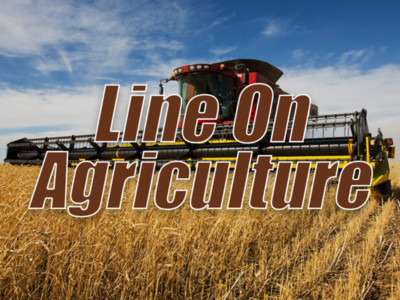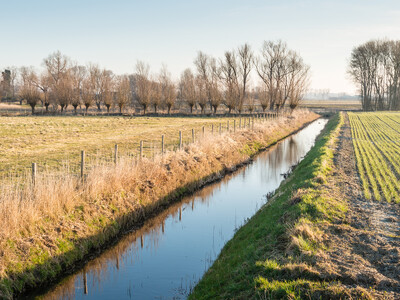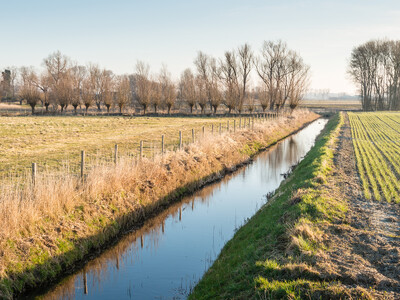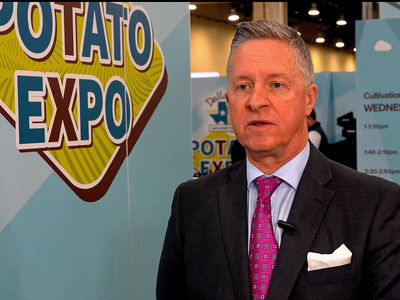Easing the Regulatory Nightmare
Easing the Regulatory Nightmare. I’m Greg Martin with today’s Line On Agriculture.
Regulations. Everywhere you turn there is some new proposal that is supposed to help but usually winds up hindering. The ag business is one of those that seems to attract regulations by the bucketful that while may be well meaning...can have quite detrimental effects. Farmers and ranchers are asking Congress to help alleviate the ever-increasing burden of federal environmental regulations on agriculture. Arizona Farm Bureau President Kevin Rogers testified before a House Energy and Commerce subcommittee on some of the regulatory challenges facing the nation’s farmers and ranchers, from restrictions on pesticides to strict rules on how they manage dust.
ROGERS: It occurs while driving on unpaved roads, using tractors in the fields, moving livestock from pen to pen and pasture to pasture. A recent study shows there’ll be many more rural areas that will not be able to meet a revised standard. This will result in more regulation of farming and ranching activities, such as restrictive speed limits on unpaved roads, restrictions on when and how we can work in the fields or move livestock.
Rogers also talked about greenhouse gas regulations that will really put the squeeze on agriculture.
ROGERS: Farmers and ranchers receive a double economic jolt from such regulations. First, any cost incurred by utilities, refineries, manufacturers and other large emitters to comply with greenhouse gas regulatory requirements will pass onto the consumers those costs of production, namely farmers and ranchers. The costs that will be passed down will result in higher fuel and energy costs to grow our food and fiber. Farmers and ranchers on the other hand cannot pass these increased costs of production.
And thousands of farms and ranchers will have to obtain expensive permits under these regulations.
ROGERS: Using EPA’s numbers, just the expense of obtaining these permits could cost agriculture over $866 million. On the other hand, this costly and burdensome regulatory scheme will produce very little, if any, environmental benefit. Unless and until the countries of the world agree on an international treaty on greenhouse gas emissions, unilateral regulation of greenhouse gases by EPA will have little environmental effect.
That’s today’s Line On Agriculture. I’m Greg Martin on the Ag Information Network.

















